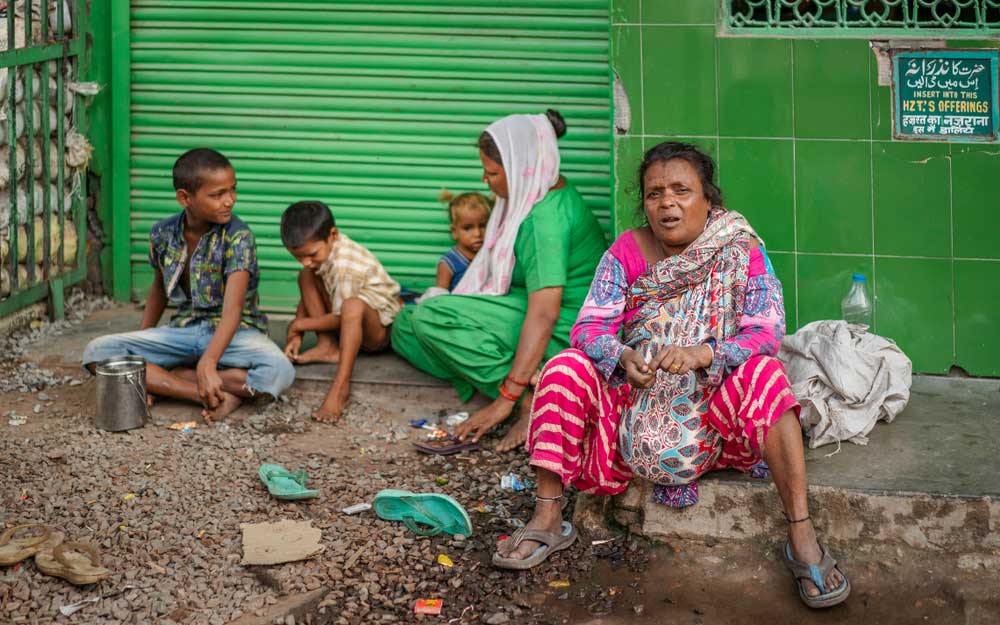Around 400 million informal-sector workers in India are at risk of falling deeper into poverty during the crisis caused by the coronavirus outbreak, the UN’s labour agency has warned, prompting calls for interventions by the government to cushion the staggering blow.
The International Labour Organisation in its latest report, the ILO Monitor Second Edition: Covid 19 and the World of Work, described the Covid-19 crisis as the “worst global crisis since World War-II”.
The report, released on Tuesday, mapped the vulnerability of the global workforce and stated that the impact of lockdowns would be severe in sectors like wholesale and retail trade, real estate, accommodation and food services and manufacturing.
Decline in output in these sectors has thrown up the possibility of workplace displacement for nearly 1.25 billion workers globally.
On the whole, nearly two billion informal sector workers the world over are disadvantaged because of the lack of social security and their jobs directly being affected by lockdown, the report said.
“In India, Nigeria and Brazil, the number of workers affected by lockdown is substantial. In India, with a share of 90 per cent of people working in informal economy, about 400 million workers in the informal economy are at risk of falling deeper into poverty during the crisis. The current lockdown in India has impacted them significantly, forcing many of them to return to rural areas,” the report said.
Labour economist Anoop Satpathy, fellow at the VV Giri National Labour Institute, said that the ILO’s estimate was significant for the government to make interventions.
“Most of the informal sector workers in India are poorly paid. They do not have provident fund, pension or any health insurance. Their work is in such sectors which are directly affected by the lockdown. They cannot work from home. That is why they are more vulnerable,” Satpathy explained.
The informal workers in India are engaged in sectors like agriculture, micro, small and medium enterprises, construction, retail, transport, sanitation, domestic work and eateries. These sectors and workforce are outside the formal establishments registered with the government.
The ILO report stated that the wholesale and retail trade segment globally employs 482 million workers while 463 millions are engaged in manufacturing and accommodation and food services like hotels and restaurants. These sectors are hit by almost full closure or a sharp decline in demand.
Birendra Nayak, a retired faculty member from Utkal University, said migrant workers in India who had to return to their villages after lockdown may not get back the same jobs after the crisis is over.
“It will take a long time for things to become normal. There is a possibility that many employers in the non-essential sectors will not prefer to hire people. In a way, the job crisis is going to stay longer even after the Covid crisis is over,” Nayak said.
The ILO estimated that the crisis caused by the pandemic would wipe out 6.7 per cent of the working hours globally in the second quarter of 2020, which is equivalent to 195 million full-time workers.
The ILO recommended that countries need to adopt policy measures focusing on supporting enterprises, employment and incomes and protect workers in workplaces.










